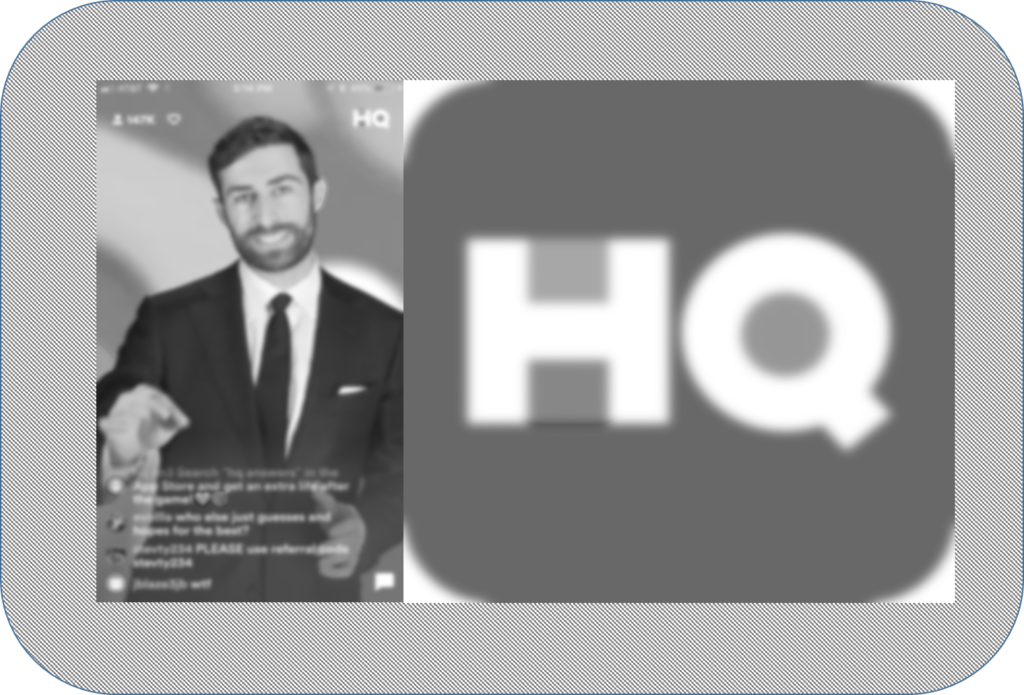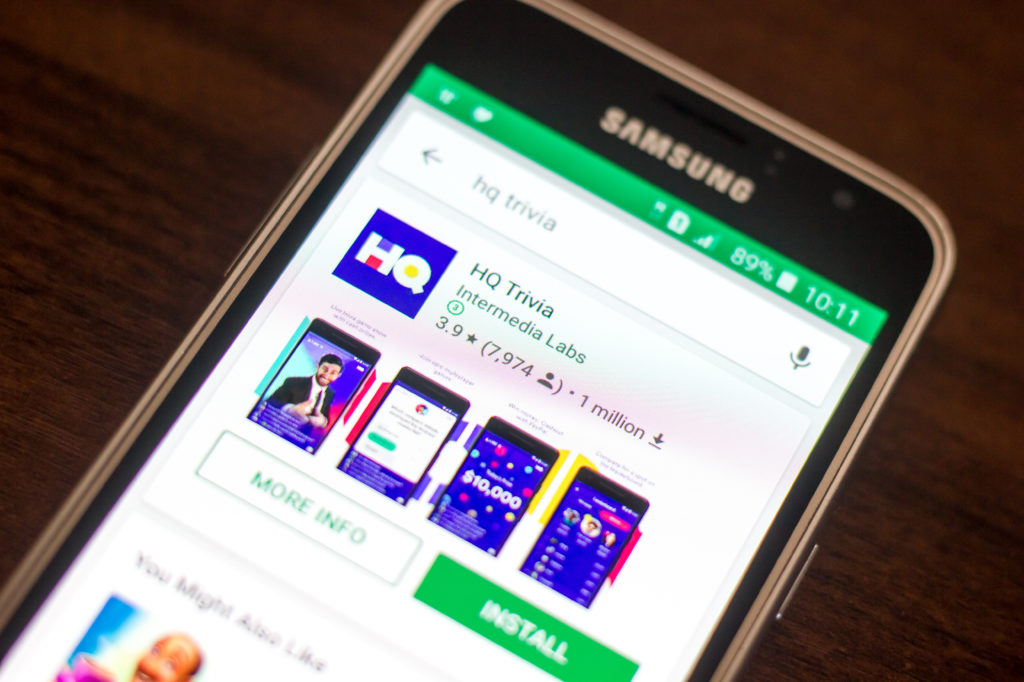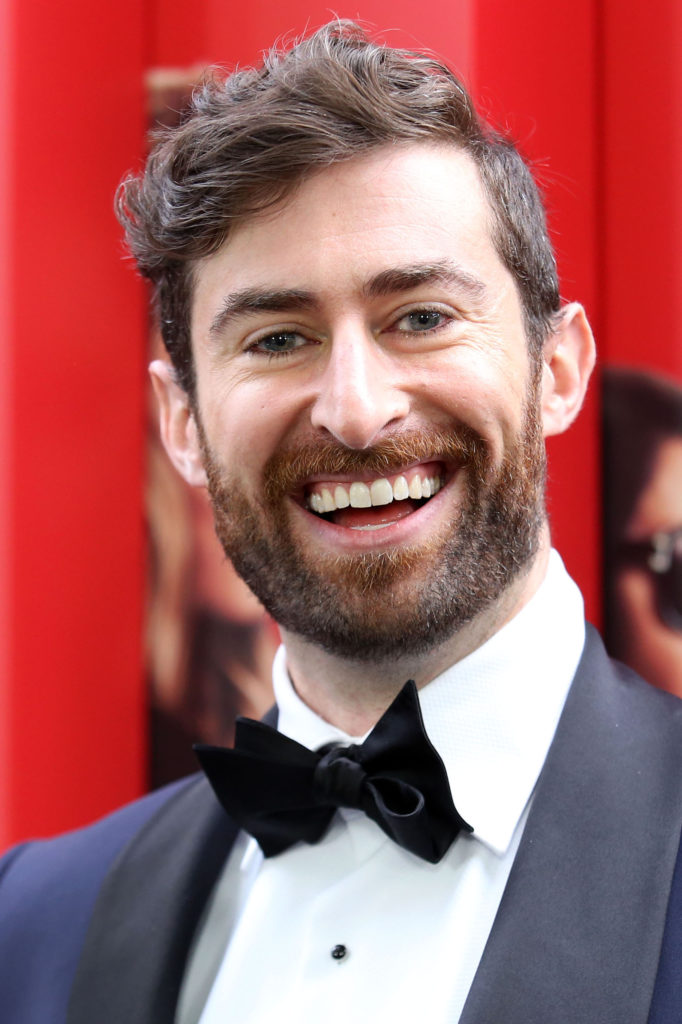
The only thing more difficult than creating a high-flying start-up is ensuring it has a second act. When I first got Classic Rock going in the early 1980’s, the question I heard constantly was, “But will it last?”
Yes, it was annoying, but it was also a legitimate concern for a music radio format that played absolutely no current material. In radio, satellite radio, and streaming radio today, this is not only viable, but common. But 30+ years ago on FM radio, it was far from a slam dunk. And the criticism about Classic Rock’s lasting value literally kept me up at night.
Sure, the collection of great rock classics we put together was compelling, combined with passionate DJs, and an audience hungry to hear Zeppelin, Floyd, the Who, and Queen. In most markets, the early Classic Rock stations – even on substandard signals – experienced a quick rise, often shaking the incumbent Album Rock stations to their core. In some cases, many of these once-great radio stations threw in the towel.
But what about Classic Rock’s Act II? What would happen when the audience grew sick and tired of hearing “We Are The Champions,” “Sweet Home Alabama,” and “Brown Sugar?”
Obviously, that didn’t happen, but the process required a lot of research, marketing, trial and error, and as my friend Buzz Knight calls it, “healthy paranoia.” Not every Classic Rock station of that era survived, of course, but the format remains healthy – and in many cases, dominant – today. And many of those early stations are still in the format today.
Many of those stories, sagas, and twists and turns came back to me in a rush last week when I heard the news that HQ Trivia was shuttered, after one of the most amazing starts in the tech/gaming industry.
Chances are you know about HQ Trivia, a game you played every day on your phone in real time, challenging your knowledge of bizarre facts, while  competing with other players all over the globe. I personally became a fan of the game, occasionally even pulling over at 3pm eastern time when the afternoon edition began.
competing with other players all over the globe. I personally became a fan of the game, occasionally even pulling over at 3pm eastern time when the afternoon edition began.
Two years ago, I wrote a blog post about the rapid rise of this truly innovative mobile trivia game (“There’s A Radio Contest On Your Smartphone”), focused on its witty, irreverent host, Scott Rogowsky, who got his 15 minutes of fame.
So, what went wrong for HQ Trivia? And how can radio broadcasting brand managers learn from how the once wildly popular game went astray – and out of business.
They lost their visionary leader – Colin Kroll (also co-founder of Vine) was found dead late in 2018. Like most startups, success often requires the guiding hand of the originator. While others in an organization may be able and well-intended, the loss of a creative force like Kroll was clearly a setback for HQ Trivia.
Even in today’s more top-down corporate radio environment, the local program director very much matters. He -or she- isn’t just scheduling the music and making sure there are winners’ sheets in the studio – they are the captains of their star ships. As I learned early on in radio, stations often take on the personality of their PDs. Think about that, especially when you consider some of the best stations in the country. More often than not, they’re helmed by an inspirational leader. When that person leaves the building, the heart and soul of the station sometimes goes with them.
There were technical issues – Obviously, a heavy lift having more than a million playing simultaneously on their phones each time a game launched, HQ Trivia experienced frequent glitches and misfires, sometimes forcing delays and even game cancellations. You might expect a certain amount of outages when the game first debuted, but the screw-ups were occurring with some degree of regularity.
HQ Trivia experienced frequent glitches and misfires, sometimes forcing delays and even game cancellations. You might expect a certain amount of outages when the game first debuted, but the screw-ups were occurring with some degree of regularity.
I don’t care how good a game – or a radio station – is. If you have continued trouble doing the basics because the system just doesn’t work, the frustration takes its tool. That’s true when you’re playing a game that doesn’t respond well or experiences buffering, or you’re listening to a radio station with reception problems or a stream that is herky-jerky.
The game itself had flaws – While the concept of HQ Trivia was clever, the reality is that few people won the game. And winners mostly reaped measly payouts – often under $100, even after answering every question correctly. Winning HQ Trivia was more of a badge of honor than money in your pocket. Radio contest designers know only too well that participants get excited when the game is not only fun, but also winnable, accessible, and the prizes are truly attractive.
There were rumors of bots that could beat the 10-second time span between questions and answers. Still, most people didn’t get very far on HQ Trivia. The Washington Post calculated that only 8% of participants advanced beyond the 6th round in the series of 12 (or 15) questions.
Radio programmers know the difference between a contest that captures the attention – and even the imagination – of its audience, and one that is poorly designed or too difficult to win. Mass appeal games need to give you the feeling you have a chance to win and that if you do so, the reward will be worth your while.
Scott Rogowsky was a star, but not well coached – An element that made HQ Trivia fun, special, and memorable was their primary host, Scott Rogowsky. He had all the right parts – Rogowsky was a Millennial comedian with a fast-talking schtick that was funny, clever, and irreverent. He created a language for the game, always connecting with his “HQties.”
Scott is one smart, clever guy who obviously put a lot of prep and thought into each game. Combined with his quick wit, he turned what could have  been a typical mobile trivia game into appointment watching. But over time, Rogowsky got sloppy. He patter extended, he started singing….everything, and viewers found themselves wishing he would stop the banter so they could play the game.
been a typical mobile trivia game into appointment watching. But over time, Rogowsky got sloppy. He patter extended, he started singing….everything, and viewers found themselves wishing he would stop the banter so they could play the game.
It was obvious Rogowsky was not well-managed – if managed at all. You could see the complaints cascading in the accompanying chat box on the app. The attention Ragowsky received from other media outlets may have fueled his ego. And at times, HD Trivia seemed to become more about him than the game.
Make no mistake about it – Scott is an immense talent, perfectly cast for a vehicle like HQ Trivia. Perhaps more research, hand-holding, and constructive criticism might have produced even better results.
Every host, DJ, or emcee needs coaching and guidance, no matter how successful they’ve been. And with a brand new unproven product like HQ Trivia or a new radio station, the balance between the main product and the role of the host is key. Like a talented DJ who hasn’t figured out the keys to winning in PPM, it often took Scott a long time to get the game underway.
They let Rogowsky get away – The above issues aside, Scott became synonymous with HD Trivia – which as radio operators know, can happen. And when his contract negotiations began and Scott wanted to take part in other hosting ventures for different companies, HQ Trivia executives put their foot down – and walked.
It’s never easy for outsiders to know the details of talent negotiations – especially when they reach an impasse. Obviously, there are a lot of moving parts and considerations we know nothing about. But the show’s management team must have known how important Rogoswky was to the success of their game. In situations like this, you have to find a way to support the brand by finding a way to cut a deal.
Every time I hear a GM, market manager, or owner aver that “no one’s bigger than the radio station,” I quiver a bit. Because when someone becomes the face of the franchise, you just never know.
The ad model may have been lacking – Like many online startups, websites, and games, HQ Trivia struggled to settle on an effective advertising platform that satisfied the three key constituencies – millions of players, big sponsors, and of course, their own stakeholders. Even when there were north of a million players for a game, HQ Trivia “inventory” often seemed to go unsold.
three key constituencies – millions of players, big sponsors, and of course, their own stakeholders. Even when there were north of a million players for a game, HQ Trivia “inventory” often seemed to go unsold.
Sometimes, the cash giveaways were sponsored, but oftentimes, not. And even when the prizes were underwritten, advertisers seemed to be afterthoughts. We may never see the metrics, but the ROI on sponsoring HQ Trivia couldn’t have been good.
And ultimately, broadcast radio and its stations have that same onus – to deliver results for advertisers. When they fail to stimulate listeners to show up, engage, and even make a purchase, they’re not going to be in business for very long.
Even celebrities couldn’t save the game – The producers seemingly tried everyone, paying Neil Patrick Harris, Dwayne (The Rock) Johnson, Robert de Niro, John Mayer, and others to yuck it up with Rogowsky during the game. While these guest appearances stimulated larger audience for the games they hosted, those increases didn’t hold.
Radio programmers know that when there are congenital problems with the product, all the gimmicks in the world aren’t going to fix it. It is always more important to address the core issues, rather than create distractions in the hope the audience doesn’t figure it out.
There was no second act – And ultimately, that’s what separates sustainable entertainment hits – TV shows, films, radio shows, and yes games – from  the pack. HQ Trivia proved to be a “Roman candle” phenomenon – a quick rise, lots of ooh’s and aah’s, but then a sharp decline. Coming up with a sequel, next steps, new wrinkles often separate “one-hit wonders” from brands built to last.
the pack. HQ Trivia proved to be a “Roman candle” phenomenon – a quick rise, lots of ooh’s and aah’s, but then a sharp decline. Coming up with a sequel, next steps, new wrinkles often separate “one-hit wonders” from brands built to last.
While the HQ Trivia team instituted a number of rule changes, variations, and incentives, none changed the fundamentals of the game. They even tried a live show at SXSW last year, with Rogoswky donned in an HQ Trivia suit – and it, too, was problematic.
When players increasingly became frustrated for some of the aforementioned reasons, even pop-up games, additional prize money, and celebrity appearances couldn’t reverse the outcome.
Perhaps the best obituary for HQ Trivia came from Rogowsky – aka Quiz Daddy, Trap Trebek, Semitic Sajak, Quiz Khalifa, Lag Daddy, Host Malone, and several others:
HQ didn’t die of natural causes. It was poisoned with a lethal cocktail of incompetence, arrogance, short-sightedness & sociopathic delusion. Saddened to see it finally succumb; sadder still for the good & talented staff abruptly left in the lurch after being gaslit and lied to.
— OTT’s Scott Rogowsky (@ScottRogowsky) February 15, 2020
P.S. As I was posting this, I ran across a couple of stories suggesting HQ Trivia may not be dead yet. There are rumors about conversations taking to place to bring it back in one form or another. Stay tuned, HQties. – FJ
- What To Do If Your Radio Station Goes Through A Midlife Crisis - April 25, 2025
- A 2020 Lesson?It Could All Be Gone In A Flash - April 24, 2025
- How AI Can Give Radio Personalities More…PERSONALITY - April 23, 2025




I host live trivia every week and I’ve often heard “I love the way you play the game…it’s not all about you.” Scott lost sight of that…and the low payouts and constant glitches were the final straws. I liked Matt Richards the best.
And even Matt (IMO) injected too much Matt and didn’t stay focused enough on flow, keeping it moving. But what do I know – I’m in radio? Dave, thanks for chiming in.
There were more times than not that Matt was vamping to cover technical problems and limitations. That this is not well known is a testament to how well he did it.
No argument there, but how long does it take to overcome the technical problems – or is the concept flawed because the bigger the audience, the more difficult to make it work? If that’s the case, BTW, HQ Trivia would never scale, a Cardinal sin for digital media. Thanks, Jeremy.
It was SO hot. We were at an improv club one night and at the break it seemed everyone was playing. And I won $16 once (wow!).
You’re right …It was too hard too win, there were frustrating technical problems, and I personally found Rogowsky highly irritating
Thanks for the article on a topic I was wondering about!
Appreciate it, Mark – hope all’s well.